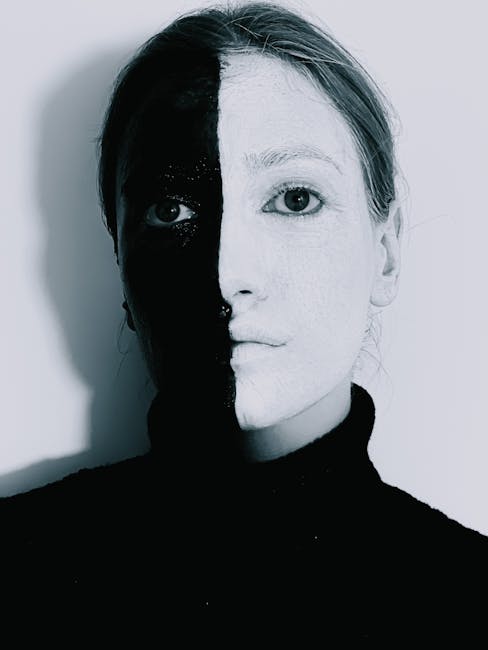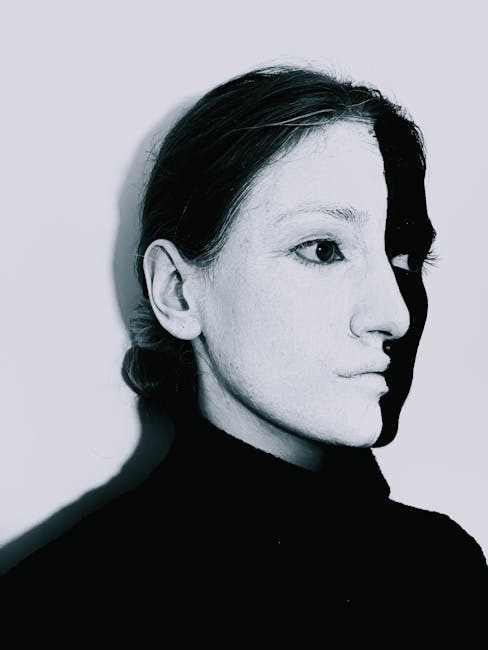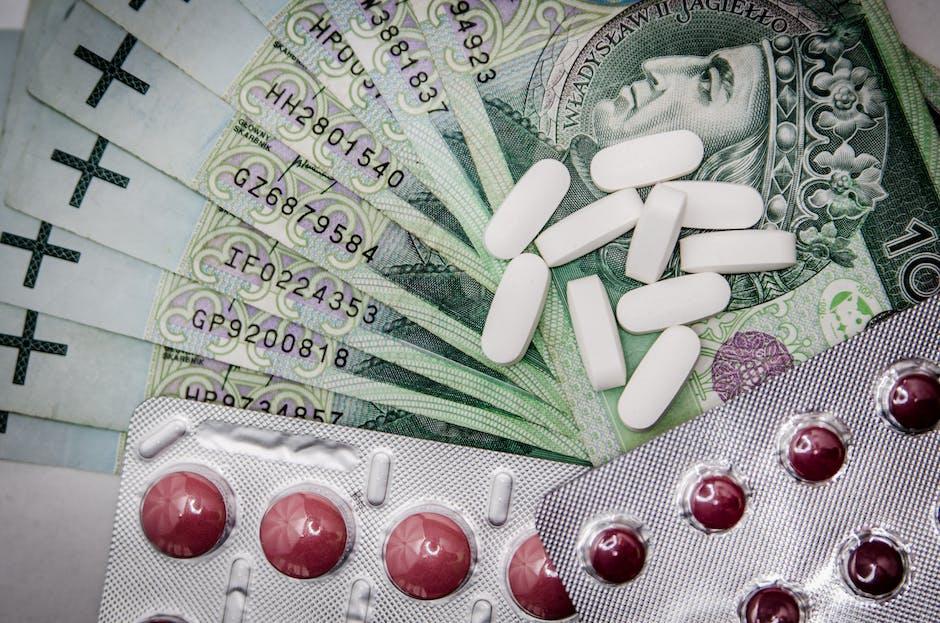Microdosing, the practice of consuming small, sub-perceptual amounts of psychedelic substances, is gaining attention for its potential to boost creativity and improve mental health. This blog post delves into the world of microdosing, exploring its effects, the science behind it, and its potential therapeutic applications.
Key Takeaways
- Microdosing involves the use of small amounts of psychedelic substances, primarily LSD and psilocybin.
- Reported benefits include enhanced creativity and improved mental health.
- The mechanisms behind microdosing involve cognitive and emotional functioning and influence on neuroplasticity.
- More research is needed to validate anecdotal evidence and self-reported data.
- Ethical and legal issues, as well as barriers to medical community acceptance, pose challenges.
- Potential therapeutic applications include treatment for mental health disorders like depression and anxiety.
Introduction to Microdosing
Definition of Microdosing
Microdosing is the practice of consuming tiny, non-hallucinogenic doses of psychedelic substances. These doses are typically 1/10th to 1/20th of a recreational dose, small enough to not cause noticeable changes in perception or consciousness.
Overview of Substances Commonly Used
LSD
Lysergic acid diethylamide (LSD) is a potent psychedelic substance known for its ability to alter thoughts, feelings, and perceptions. In microdoses, it’s believed to enhance creativity and problem-solving abilities.
Psilocybin
Psilocybin, the active compound in magic mushrooms, is another substance commonly used in microdosing. Users report improvements in mood, focus, and creativity.

Reported Benefits of Microdosing
Enhancements in Creativity
Promotion of Divergent Thinking
Microdosing is often associated with a boost in divergent thinking, a type of thinking that allows many new ideas to be generated, often seen in brainstorming sessions. This can be particularly beneficial for those in creative fields or seeking to develop their creativity.
Improvements in Mental Health
Mood Enhancement
Many individuals report an uplift in mood and overall well-being after microdosing, contributing to a more positive outlook on life.
Reduction in Anxiety and Depression Symptoms
Microdosing may also help alleviate symptoms of anxiety and depression, offering a potential alternative to traditional treatments.

Mechanisms Behind Microdosing
Cognitive and Emotional Functioning
Microdosing is believed to influence cognitive and emotional functioning, potentially leading to enhanced creativity and improved mental health. However, the exact mechanisms are still not fully understood.
Influence on Neuroplasticity
Some research suggests that psychedelics may promote neuroplasticity, the brain’s ability to form and reorganize synaptic connections. This could potentially explain some of the reported benefits of microdosing.

Research and Evidence
Current State of Research
Anecdotal Evidence
Much of the evidence supporting the benefits of microdosing is anecdotal, with individuals reporting their personal experiences. However, these reports often lack scientific rigor and control.
Self-Reported Data
Several studies have collected self-reported data from microdosers, providing some insight into the potential benefits and drawbacks of the practice. However, these studies also have limitations, including potential bias and lack of control groups.
Need for Controlled Scientific Studies
While anecdotal evidence and self-reported data provide some insight, there is a clear need for more controlled scientific studies to validate these findings and further explore the potential benefits and risks of microdosing.

Challenges and Considerations
Ethical and Legal Issues
Microdosing involves substances that are often illegal in many jurisdictions, raising ethical and legal concerns. This also poses challenges for conducting scientific research.
Barriers to Medical Community Acceptance
Despite growing interest, there are still significant barriers to the acceptance of microdosing in the medical community, including a lack of rigorous scientific evidence and concerns about potential risks and side effects.
Potential Therapeutic Applications
Treatment for Mental Health Disorders
Depression
Microdosing could potentially offer a new approach to treating depression, a mental health disorder that affects millions worldwide. However, more research is needed to fully understand its efficacy and safety.
Anxiety
Similarly, microdosing may also have potential as a treatment for anxiety disorders. Anecdotal reports suggest it can help reduce anxiety symptoms, but again, more research is needed.
Future Research Directions
Given the potential benefits of microdosing, future research should focus on conducting rigorous, controlled studies to validate anecdotal reports and self-reported data. This could pave the way for potential therapeutic applications and a better understanding of this practice.

Conclusion
Summary of Benefits and Challenges
Microdosing offers potential benefits, including enhanced creativity and improved mental health. However, it also presents challenges, including legal and ethical issues and barriers to acceptance in the medical community.
Future Outlook on Microdosing Research
While more research is needed, the future of microdosing research looks promising. With continued exploration and scientific rigor, we may soon better understand the full potential of this practice.
In the meantime, it’s important to approach microdosing with caution and to consider other proven methods for boosting creativity and improving mental health, such as cultivating joy through creative hobbies or the benefits of cold water immersion for mental health.
Remember, while microdosing may offer potential benefits, it’s not a magic bullet. It’s just one tool in a larger toolbox for enhancing creativity and mental well-being.
Unlocking Potential: An FAQ on Microdosing’s Influence on Creativity and Mental Health
What is microdosing?
Microdosing involves taking very small amounts of psychedelic substances, such as LSD or psilocybin mushrooms, with the intention of enhancing creativity, productivity, and emotional balance without experiencing the full-blown effects of the drug. It’s a practice reported by some to improve mental health and cognitive function, though scientific research is still in its early stages.
How does microdosing purportedly affect creativity?
Users of microdosing report enhanced creativity, which they describe as an increase in open-mindedness, an improved ability to think outside the box, and a deeper connection to their artistic senses. The theory is that psychedelics can stimulate parts of the brain involved in creativity, although definitive scientific evidence is still being gathered.
Can microdosing improve mental health?
Anecdotal evidence suggests that microdosing may help with various mental health issues, including depression, anxiety, and PTSD, by promoting emotional openness, increased mood, and a greater sense of well-being. However, clinical research is necessary to understand its efficacy and safety fully.
What are the potential risks of microdosing?
Despite its potential benefits, microdosing carries risks, such as the possibility of illegal substance use, unpredictable side effects, and the exacerbation of pre-existing mental health conditions. The lack of regulation and quality control of substances used for microdosing also poses significant health risks.
Is microdosing legal?
The legality of microdosing depends on the substance used and the country’s laws where it’s being practiced. Substances like LSD and psilocybin mushrooms are illegal in many countries, making microdosing with these substances against the law.
How do people typically microdose?
Microdosing involves taking roughly 1/10th to 1/20th of a recreational dose of a psychedelic substance, typically once every three days. This schedule and dosage are designed to minimize the risks of tolerance, dependency, and the experience of hallucinogenic effects.
Has scientific research supported the benefits of microdosing?
Scientific research on microdosing is in its infancy, with mixed results. Some studies suggest potential cognitive and emotional benefits, while others find minimal evidence supporting its efficacy. The placebo effect plays a significant role in users’ reported benefits, highlighting the need for further research.
Can microdosing replace traditional mental health treatments?
While some individuals report improvements in their mental health with microdosing, it should not replace traditional mental health treatments advised by healthcare professionals. Microdosing remains largely unstudied and unregulated, and its long-term effects are unknown.



